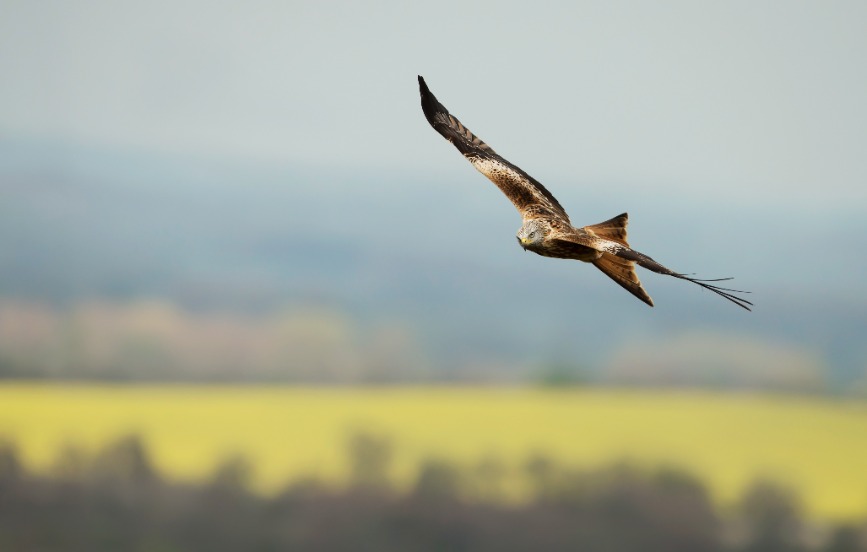
Farms with 10 percent of land devoted to nature-friendly farming practices have recorded an increase in the number of bird species, according to a new study.
The 10-year study, led by the RSPB, monitored how bird populations responded to different levels of agri-environment schemes in arable, pastoral and mixed landscapes.
It measured changes in the abundance of birds on land managed under bird-focused lower- and higher-tier agri-environment schemes, as well as land with no bird-friendly farming initiatives.
Under the higher-tier scheme, an average of 11% of the farm was devoted to bird-friendly measures, whereas under 4% was managed under the lower-tier schemes.
Researchers specifically studied bird-friendly measures that provide seed-rich habitat for winter foraging, insect-rich habitat for feeding chicks, and nesting habitat for ground nesting species such as lapwing.
As part of the study, published in the Journal of Applied Ecology, higher-tier farms also received bespoke one-to-one management advice prior to the start of their agreements.
The results showed that when approximately 10% of a farm was devoted to bird-friendly farming practices under the higher-tier scheme, this benefitted over half of the farmland bird species in two of the three study regions.
Although lower-tier provision generally failed to increase bird numbers, it helped to sustain populations of some species, which continued to decline in the absence of agri-environment support elsewhere.
The second part of the study asked what proportion of the farmed landscape would need to be placed into higher-tier agreements to recover farmland birds by 10% over ten years.
The answer was similar in the two regions – 26% in the pastoral West Midlands and 31% in arable East Anglia.
However, by targeting higher-tier agreements to farms that already hold higher numbers of priority farmland birds, this requirement drops to 17% and 21% respectively, which represents a significant cost saving.
This is the first study to shed light on the amount of nature friendly farming that might be required to recover farmland birds at a landscape scale.
RSPB conservation scientist and lead author, Dr Rob Hawkes said: “Agri-environment schemes can only recover farmland birds if sufficient bird-friendly habitat is provided at both the farm and landscape scales.
"There needs to be better, more strategic, thinking when agreeing these nature-friendly packages.”
Alice Groom, RSPB senior policy officer said the research provided a 'critical opportunity' to design future agri-environment schemes that were effective to recover farmland wildlife.
“Welsh government have proposed making the 10% farm scale provision a universal element of the Sustainable Farming Scheme," she explained.
"In England, Defra has yet to set out how they will ensure the new Environmental Land Management scheme (ELM) contributes to the new legally binding targets to halt the loss of species abundance by 2030 and reverse it by 2042.”
